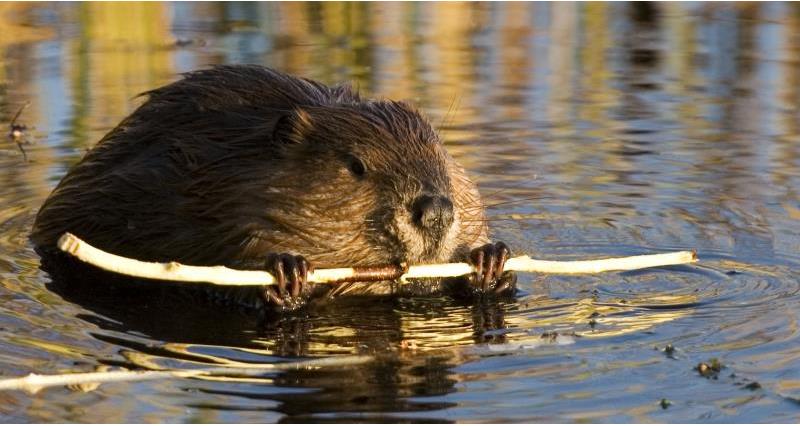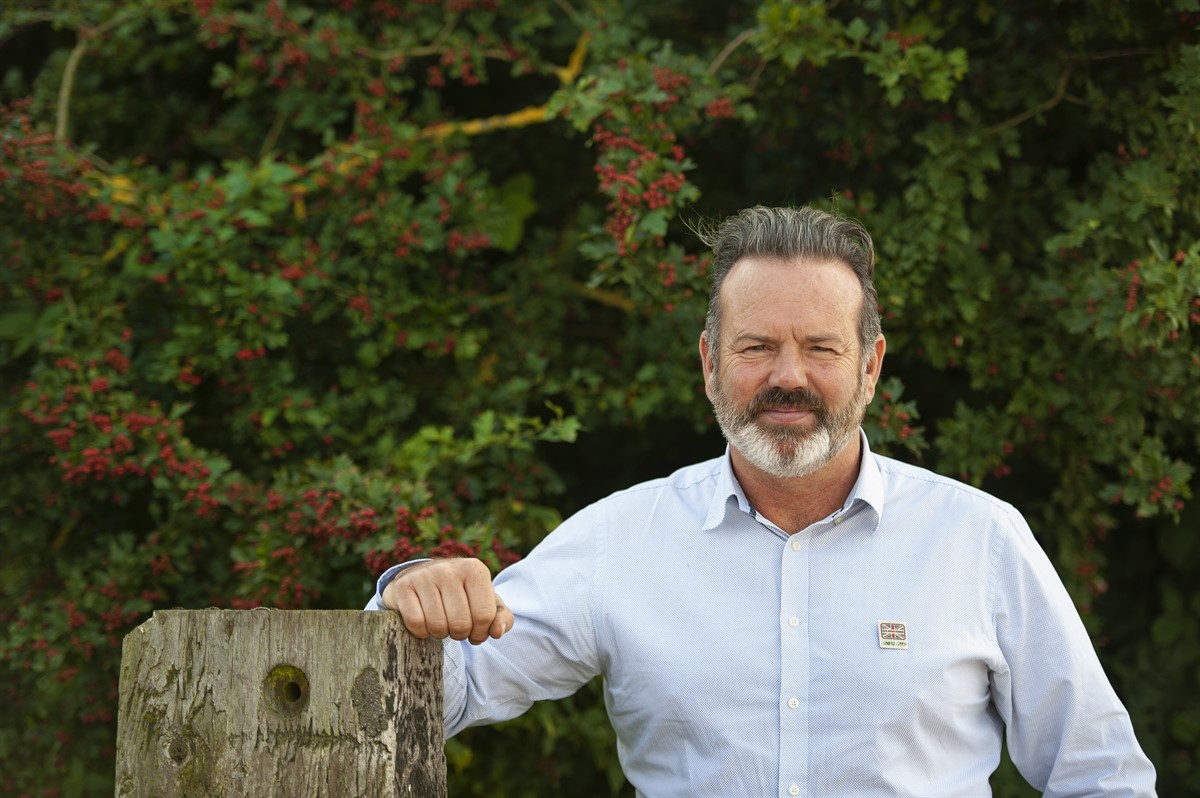A species reintroduction is the return of a plant, animal, or fungi to an area from which it has been lost.
“Certain species reintroduction could have significant impacts on the many benefits the countryside and farming deliver, potentially putting livestock at risk, spreading disease and damaging land and crops,” NFU Environment Forum chair Richard Bramley explained. “However, we also recognise that many species could be beneficial.”
The NFU submitted both written and oral evidence to the Efra inquiry and was pleased to see that the Efra report, published during July, acknowledged the NFU's concerns regarding the potential impacts of species reintroductions on rural landscapes and farming practices, as well as our ask for a government framework which outlines the process they will follow when managing species reintroductions in England.
You can read the government's response in full at: GOV.UK | Species Reintroduction: Government response to the Committee’s Fifth Report.
Government framework still needed
Richard welcomed the Efra Committee’s report and expressed disappointment that that the government won’t be taking the majority of its recommendations forward, especially the recommendation to create a species reintroduction strategy.
The Efra Committee had outlined in its report that government should:
- produce a list of priority species and species register
- classification and requirements for high/low risk species reintroductions
- a long-term Strategy on species reintroduction
- and an online species reintroduction hub by June 2024.
In its response, Defra has said it will not be actioning any of these points and maintains that is has already produced the best practice guidance in the form of the Code for Reintroductions, alongside information on applying for a licence.
Defra has said that it has “consistently supported the reintroduction of recently lost former native species,” and while species reintroduction will not be a priority, environmental efforts will be focused elsewhere to improve biodiversity and habitat connectivity.
“Although we understand that reintroductions aren’t a priority, we would still like to see a government framework.”
NFU Environment Forum chair Richard Bramley
The government will look to “habitat restoration, creation and improved connectivity; tackling pressures on species including pollution, unsustainable use of resources and climate change; and targeted action to recover specific species” to achieve its biodiversity ambitions.
The NFU welcomes the prioritisation of other policy areas but continues to call for a clear idea from government on how future reintroduction proposals will be managed as well as its long-term vision for existing reintroduced populations.
“Although we understand that reintroductions aren’t a priority, we would still like to see a government framework which outlines the process it will follow when managing species reintroductions in England,” Richard added.
“We’ll continue to work alongside government to ensure responsible decisions are taken which incorporate the farming communities’ views.”
You can read the NFU’s work and response to the inquiry at: Species reintroduction inquiry – final report and NFU evidence.

